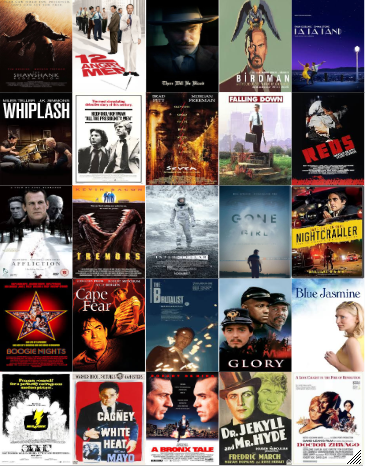Love Island is a fun, young, and upbeat show filled with good-looking singles searching for love, but behind the scenes, this show is causing mental battles on set, as well as a financial boost in the plastic surgery business. Since the target audience is young, it’s important that this kind of behavior should not be normalized in society.
Under all that TV makeup and perfect hair, contestants said how exhausting it is to be the stars of the hot summer show. Not only are they criticized for all their choices, but they also have their darkest moments on full blast for millions of viewers.
On the Chicks in the Office podcast, Olivia “Liv” Walker and Kaylor Martin of Love Island USA season 6 admitted to playing with the mics to keep certain conversations private and to prevent their words from being twisted. The annoyed producers would give them slightly less screen time because of this, which added to the toxic work environment.
Leah Kateb of Love Island USA season 6 stated in a tweet, “I’m exhausted mentally physically and spiritually from this entire experience. I’m tired. I told them I am DONE after reunion” This was a shock for many viewers, but it’s been psychologically proven that these types of shows tend to blur the lines between reality stars and viewers.
These contestants come in with a modest following and leave with millions of fans as well as haters. Having to navigate through this new power is stressful and overwhelming.
Alongside affecting the contestants’ lives, Love Island is seemingly affecting youth as well. As viewers watch these contestants look perfect from every angle – who wouldn’t want to look like that?
Due to this show’s young following, there has been a major increase in the number of cosmetic surgeries between the US and the UK unlike ever before. Serena Page–the latest winner of Love Island USA, was the only girl with no work done in all of season 6. This is shocking considering all the contestants only range from 21-29. This idea of young adults wanting this look has been nicknamed the “Love Island Effect”.
Sharon Gaffka, a contestant from Love Island season 7 UK said in an interview with The Mirror, “I had these procedures, went on to ‘Love Island,’ and then was making another young woman feel like she needed these procedures in order to be deemed attractive.” Gaffka then went on to say how this was never her intention.
Making young people aware of the fact that what we see on TV is fake is vital to being the most confident and best versions of themselves. This doesn’t mean don’t watch the show at all, it’s pretty entertaining- it just means to recognize what’s going on behind the scenes.





































